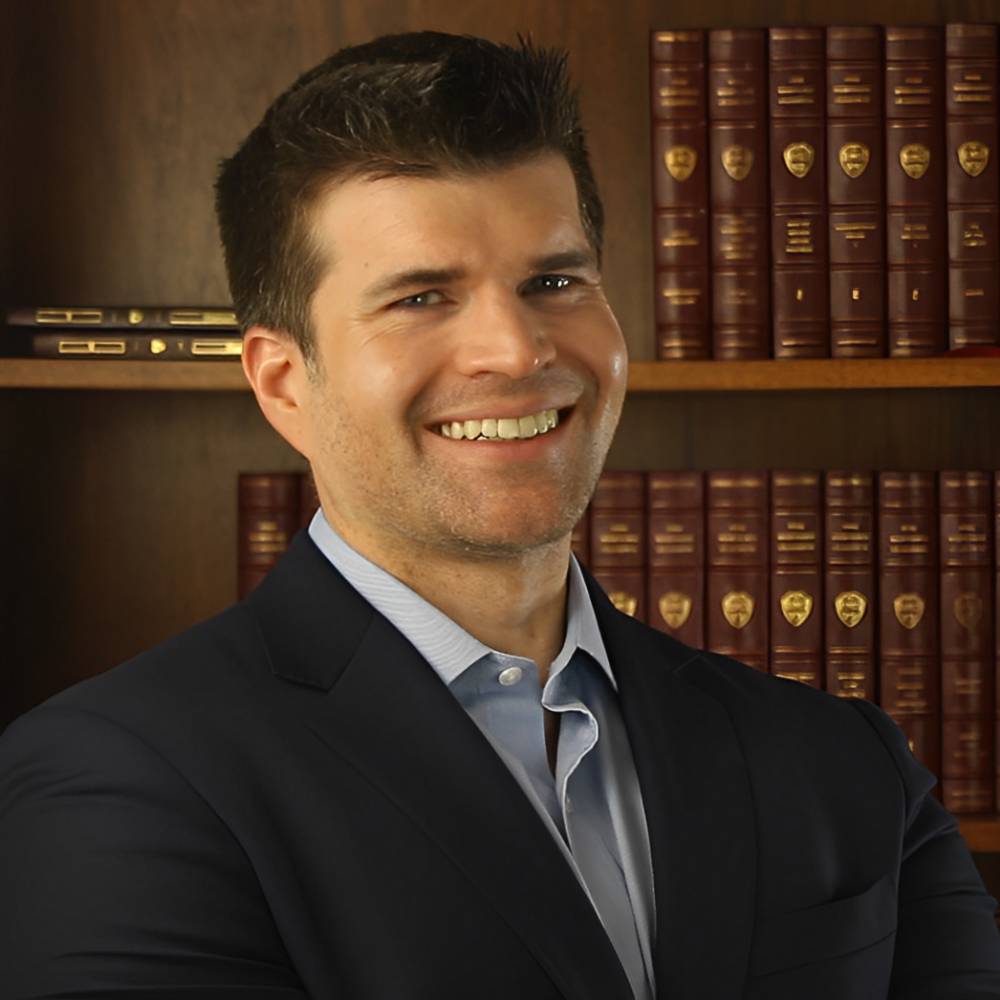The Maricopa County Attorney’s Office has announced that it will be changing its policies for charging criminal cases in order to reduce the spread of the novel Coronavirus in Arizona courts. This appears to mean that charging decisions (i.e., the decision of the prosecutor on whether to bring criminal charges against an individual) will become more lenient to reduce the number of criminal defendants in the Arizona court system during the COVID-19 outbreak.
Spokesperson Jennifer Liewer says that Maricopa County Attorney Allister Adel “has directed prosecutors to prioritize charging decisions to reduce the number of people interacting with the court system.”
The Maricopa County Attorney’s Office also stated that it is responding to criminal defense attorneys’ requests for a modification of release conditions of their defendants on a case-by-case basis. A motion for modification of release conditions was suggested here as a viable strategy for criminal defendants to seek a reduction in bond and release from jail during the Coronavirus outbreak. It appears that such strategies now have a higher likelihood of success in Maricopa County as the prosecutor’s office sees a benefit to reducing jail populations during this time.
While the County Attorney has not yet definitively stated so, this leniency in charging will likely see its biggest impact in victimless crimes such as drug crimes. Sources inside the County Attorney’s Office have already indicated that Ms. Adel has been expressing an attitude of increased leniency to drug crimes, even prior to the Coronavirus outbreak.
Scaled back charging decisions for drug crimes appear to be a continuation of the new County Attorney’s attitude towards simple drug possession cases, now that former County Attorney Bill Montgomery—known for his notoriously harsh attitude towards recreational drug use and medical marijuana—has been appointed to the Arizona Supreme Court and is no longer at the helm as the County’s chief prosecutor.
Maricopa County Superior Court Makes Nearly All Court Hearings Virtual; Lawyers, Defendants Ordered Not to Appear in Person
The Maricopa County Superior Court’s Criminal Department, meanwhile, issued sweeping new guidelines modifying appearance policies for criminal hearings on Tuesday. The new policies drastically reduce the need for in-person appearances in Maricopa County Superior Court, making all but the most crucial criminal hearings “non-appearance hearings.”
Effectively, this means that all but a select few criminal hearings are now to be conducted virtually or by motion.
This step is completely unprecedented in the history of Arizona’s justice system and marks a dramatic move by the Maricopa County Superior Court to limit the amount of in-person contact for criminal cases.
The Court notes that the modified appearance policies are a temporary measure to reduce the likelihood of exposure to COVID-19 of staff, the judge, lawyers, parties, and members of the public.
Lawyers to File Written Motions In lieu of Appearing for Most Hearings
The order affects Initial Pretrial Conferences (IPTCs), Comprehensive Pretrial Conferences (CPTCs), Complex Case Management Conferences (CCMCs) and Status Conferences. All of these conferences, which usually require the appearance of the prosecutor, criminal defense attorney, and the criminal defendant, have been labeled as “non-appearance hearings.” None of the parties are required to appear for a “non-appearance hearing.”
Instead of appearing in person, the criminal defense attorney and prosecutor for all non-appearance hearings have been ordered to file written statements to the Court. The Superior Court has made Word templates for these various filings available online here.
A criminal defense attorney or prosecutor may ask the court to convert the non-appearance hearing to an appearance hearing, but the lawyer seeking the order must provide the court with a valid reason for doing so, and it is within the judge’s discretion to decide whether to grant the motion or not. There is a clear preference for non-appearance hearings.
Criminal Defendants Need Not Appear for Court Hearings
The Maricopa County Court’s order indicates that criminal defendants are not to appear for non-appearance hearings. But even if a non-appearance hearing is changed to an appearance hearing, the criminal defendant’s presence at the hearing may still be waived.
Court Working to Allow Criminal Defendants in Jail to Appear via Videoconference
The court’s order also indicated that it is working on a way to let in-custody defendants appear for their hearings to appear for hearings virtually. From the order, however, it does not yet appear that the court has been able to implement a technological solution for this problem. The order seems to suggest that such a solution will be forthcoming at a later time.
Final Pretrial Management Conferences to be Conducted Virtually
One of the major criminal hearings that have not been converted into a “non-appearance hearing” is the Final Pretrial Management Conference (FTMC). The FTMC is most often the last status conference on a criminal case prior to the court moving forward with jury selection and trial.
Although the FTMCs may not be conducted through filing written motions (as is the case with non-appearance hearings), the presence of the lawyers and defendant is not required, and they may appear telephonically or by virtual means for the hearing. The criminal defendant’s presence may also be waived so that he or she does not have to appear for the hearing.
Court Limits Number of Spectators in Courtrooms
The Court also stated that it “reserves the right to limit the number of persons in the courtroom to comply with CDC guidance regarding the use of social distancing.” The order did not indicate exactly how this limitation would be applied or the maximum number of people that would be allowed in the courtrooms at any one time. But it did state that it might enforce the order by prohibiting people from sitting in designated seats in order to maintain the recommended amount of social distancing.
Federal Trial Resumes in Arizona After Juror Falls Ill
It is also being reported that a trial in the Federal District Court located in downtown Phoenix resumed on Tuesday after a postponement during which a juror fell ill and is being tested for the Coronavirus.
The juror informed the District Court on Monday that he was feeling ill and went to the emergency room. He has been tested for COVID-19, and he is awaiting the results.
There is no indication what the juror’s symptoms were and whether they were consistent with the novel Coronavirus.
Despite this incident, the federal trial has now resumed. The court indicated that the jury box and jury room were sanitized after the news of the juror’s illness. The district court also has instituted “social distancing” within the jury box to reduce the likelihood of spreading any illness.
This case appears to be one that began prior to the drastic decision by most Arizona courts to suspend new jury trials.


